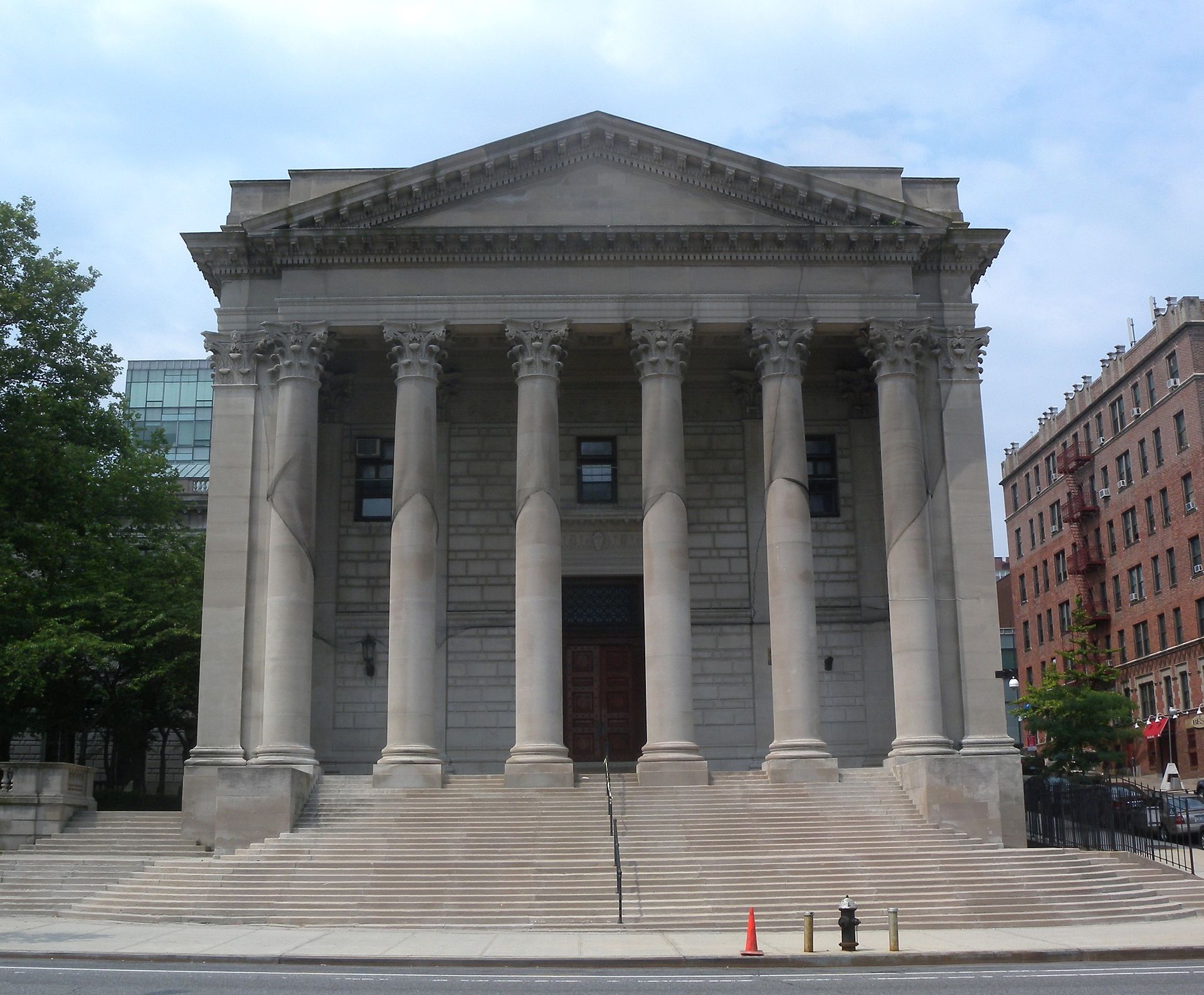Top Federal Crime Lawyer: Specialized Legal Protection for Federal Offenses
Wiki Article
Debunking the Process of Federal Appeals: What You Need to Know
Navigating the complex world of government appeals can frequently feel like traversing uncharted waters for those unfamiliar with the process. Understanding the subtleties of appellate court territory, the details of filing a notice of charm, offering an engaging quick, and making a persuasive oral argument are important elements that can considerably influence the end result of an instance. By unraveling the layers of complexity surrounding government allures, people can obtain a more clear understanding into the mechanisms that regulate this critical stage of the lawful system.Recognizing Federal Appeals Refine
Delving right into the complex world of the government appeals process reveals a structured and methodical journey via the judicial system - medical fraud appeal lawyers. Federal appeals work as a critical system for evaluating choices made by reduced courts. Understanding this process is essential for any individual entailed in legal process at the federal degreeThe procedure commonly begins with a party disappointed with a lower court's ruling filing a notice of allure. This activates a review by a greater court, where a panel of judges examines the lawful disagreements offered by both parties. Briefs describing the lawful reasoning behind each event's setting are sent, and dental debates might be heard to clear up complex problems.
The appellate court's choice is based on a thorough examination of the reduced court's process and the debates provided. Once the appellate court gets to a choice, it can verify, reverse, remand, or customize the lower court's ruling, giving quality and finality to the legal dispute.
Appellate Court Jurisdiction Clarified

Appellate courts have territory over particular sorts of situations, generally those involving legal errors, procedural issues, or questions of regulation instead of accurate conflicts. The jurisdiction of appellate courts is usually described in statutes and regulations that regulate the court system. Understanding appellate court territory is essential for events included in the appeals procedure as it establishes whether an instance is qualified for review and the extent to which the appellate court can intervene in the lower court's decision.
Declaring a Notification of Appeal
The first action in beginning the federal appeals procedure includes submitting a Notice of Allure with the suitable appellate court. west virginia federal appeal attorney. This crucial document formally alerts the court and the various other events entailed in the instance that the appealing event means to look for a testimonial of the reduced court's choice. Filing a Notice of Charm is a rigorous procedural need that sets the appellate procedure movingWhen preparing the Notice of Appeal, it is crucial to ensure conformity with the certain policies and guidelines of the relevant appellate court. The record must usually include details such as the instance name, the lower court's name, the date of the judgment being appealed, and a concise declaration suggesting the grounds for the allure.
Timeliness is essential when filing a Notification of Allure. Missing the deadline for sending this record can lead to the appeal being disregarded, highlighting the significance of exact and prompt initiation of the charms process. It is suggested to seek legal guidance to browse the complexities of submitting a Notice of Charm effectively.
Instruction and Oral Disagreement
In the appellate process, providing written briefs and taking part in oral disagreements play pivotal functions in advocating for the appealing celebration's placement before the appellate court. Briefs are extensive legal records that detail the parties' disagreements, lawful authorities, and analysis supporting their placements. These written entries give the court with a comprehensive understanding of the realities of the case, the pertinent legislation, and why the appealing party thinks the lower court's decision must be rescinded.Adhering to the submission and testimonial of the briefs, dental arguments use the events a possibility to further clarify their placements, deal with browse around here any type of inquiries the appellate courts might have, and highlight crucial points from their composed briefs. Dental debates are a chance for the attorneys to convince the judges with spoken advocacy and reactions to inquiries from the bench.

Getting the Appellate Court Decision

Final Thought
Comprehending the appellate court jurisdiction, filing a notice of appeal, preparing briefs, and presenting oral disagreements are all vital components of this process. Ultimately, receiving the appellate court choice can offer quality and resolution to legal disagreements.As we progress from recognizing the government appeals process to dissecting the ins and outs of appellate court jurisdiction, a basic element comes to light regarding the authority and limitations of these greater courts in the legal landscape. Appellate court territory refers to the scope of instances that a particular appellate court has the power to review and determine upon. Unlike trial courts that listen to cases for the very first time, appellate courts are restricted to reviewing choices made by lower courts. Recognizing appellate court jurisdiction is critical for celebrations entailed in the allures process as it establishes whether a case is eligible for evaluation and the extent to which the appellate court can intervene in the reduced court's decision.
Whether the appellate court affirms, turns around, or remands the lower court's decision, recognizing the implications of the ruling is essential for all celebrations involved in the appellate procedure.
Report this wiki page